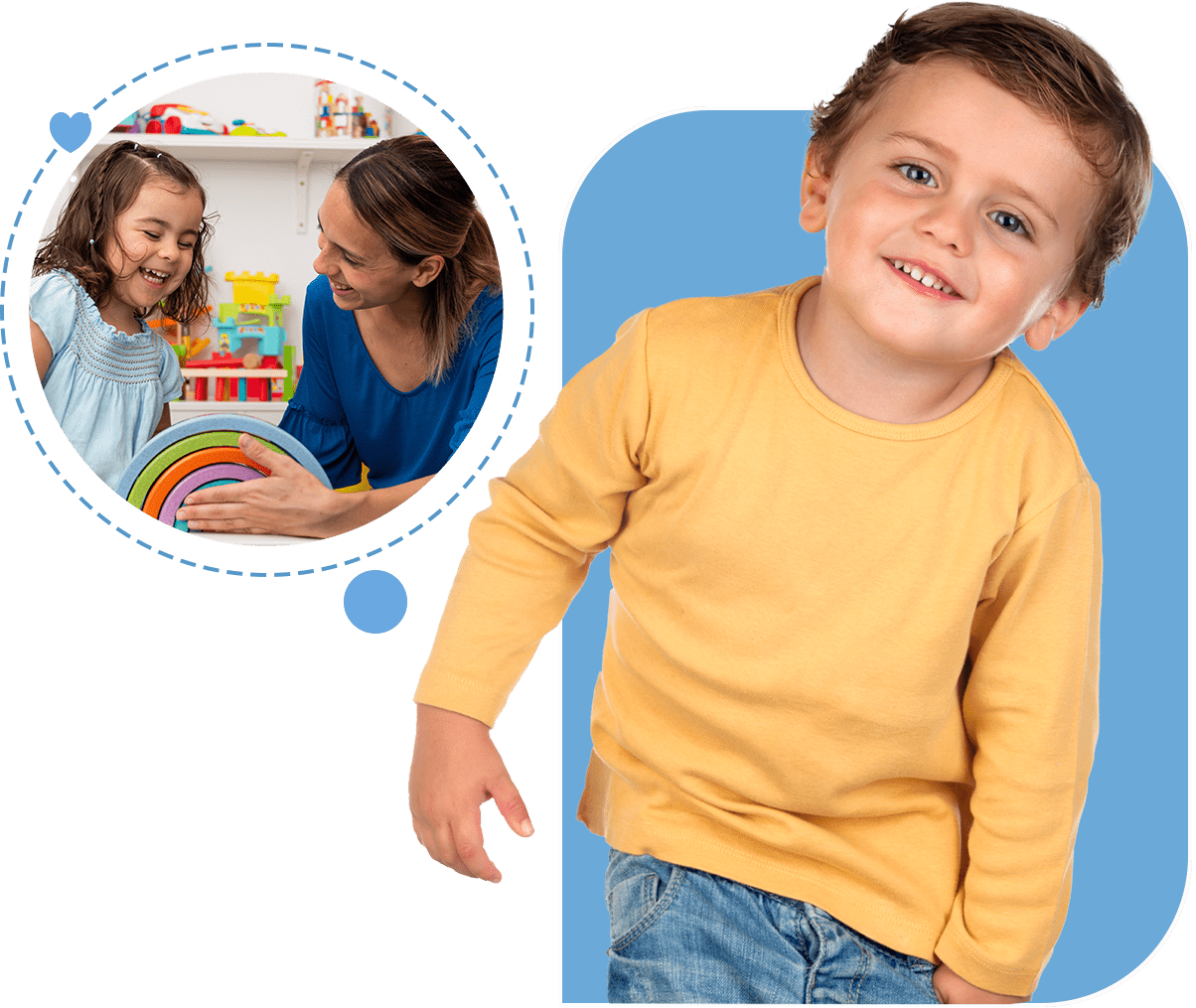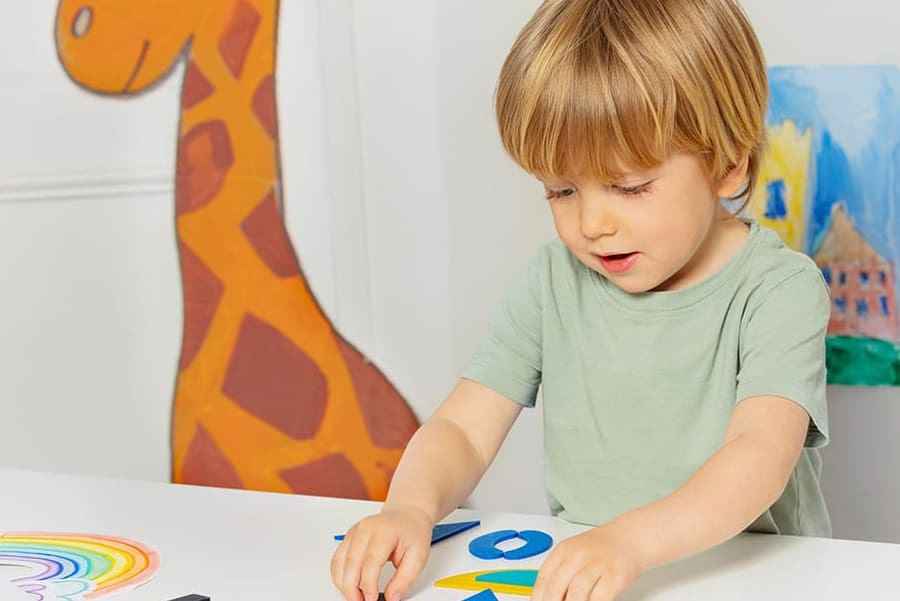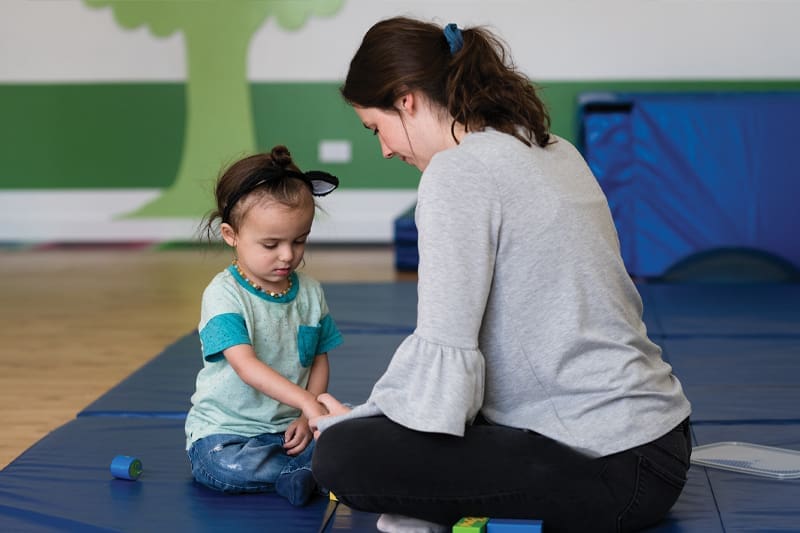Autsim Evaluations
at CST Academy
Providing Clarity, Support, and a Path Forward
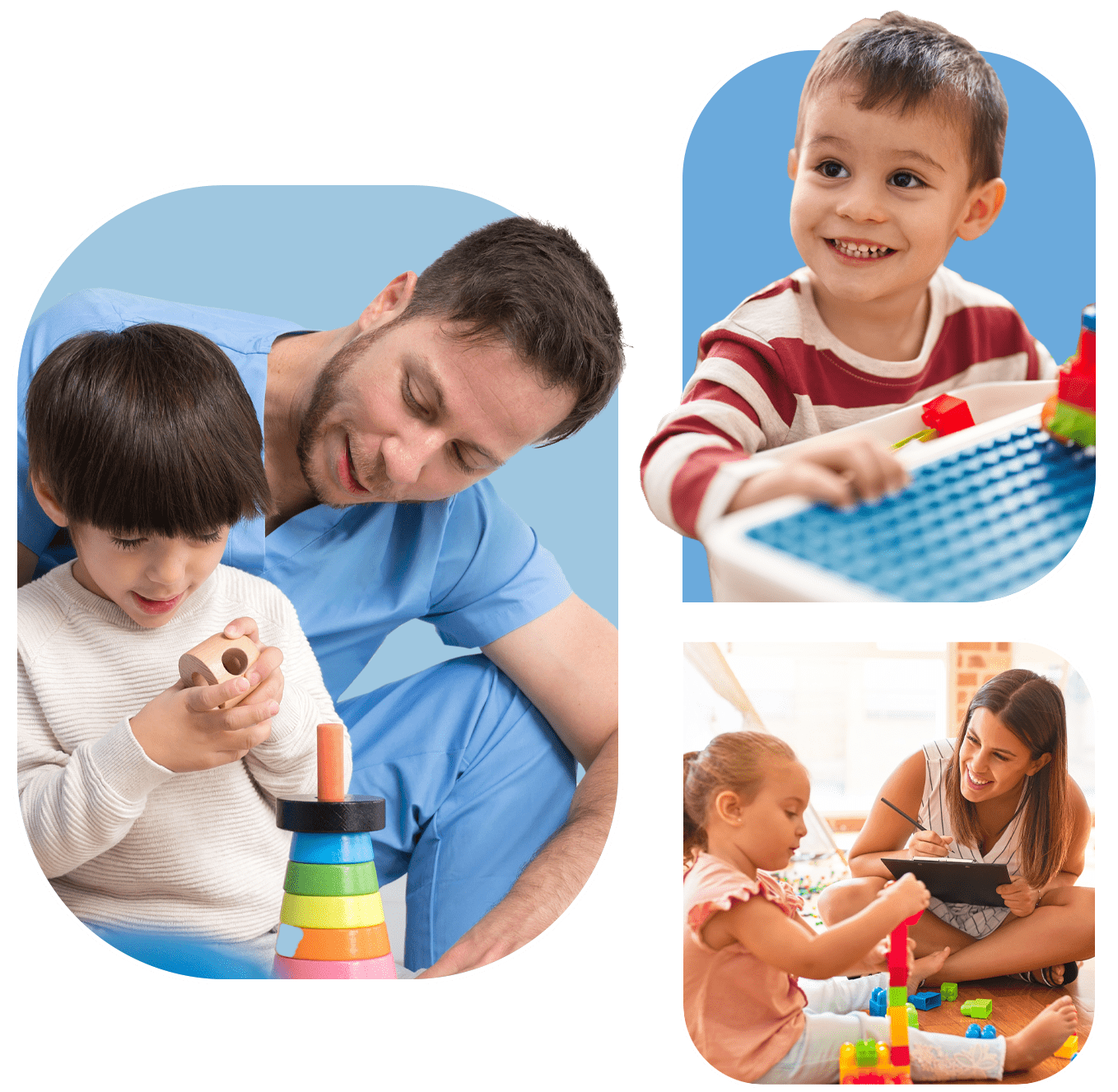
What Is an Autism Evaluation?
Our evaluations go beyond checklists. We combine standardized testing with observations, clinical expertise, and family input to deliver meaningful answers and actionable recommendations—so you feel confident moving forward.
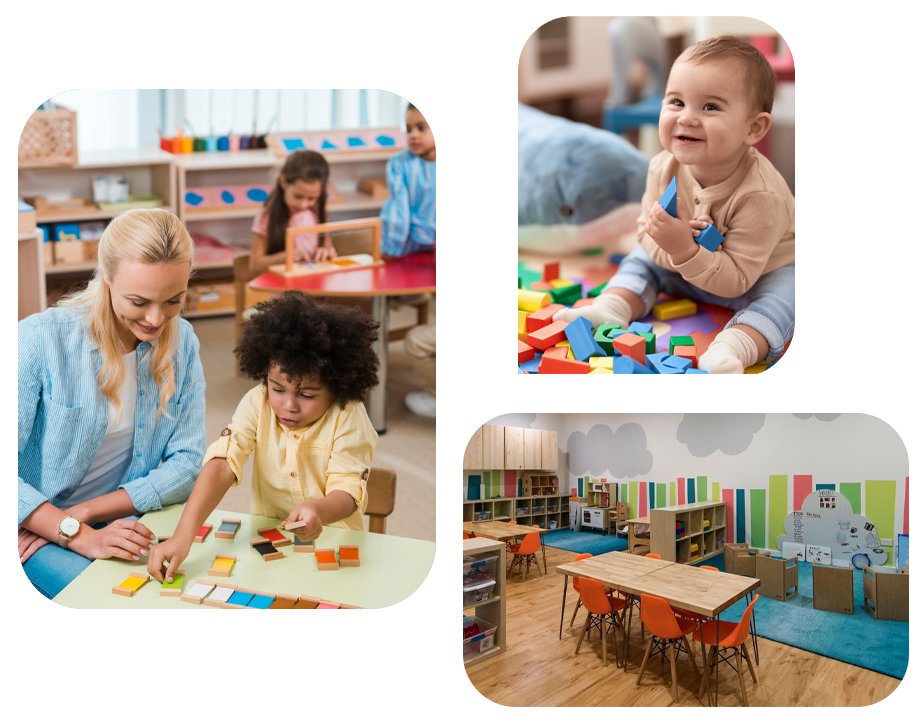
Why Choose CST Academy for an Autism Evaluation?
We also know that timing matters. We offer faster scheduling than many clinics in the area and prioritize open communication so you’re never left wondering what comes next.
The CST Academy Difference
Understanding the Whole Child Through a Thoughtful Evaluation

Communication & Language Skills
Social Interaction & Play
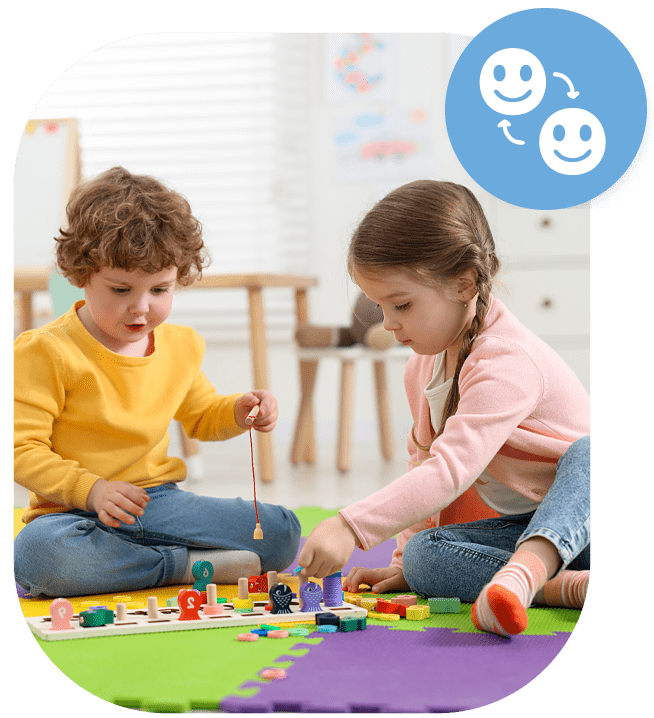
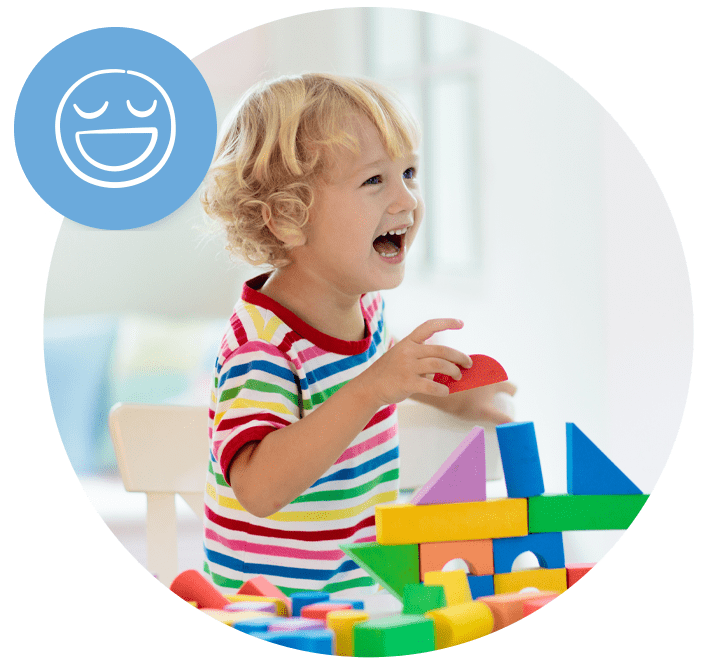
Behavior & Emotional Regulation
Developmental Milestones & Cognitive Functioning

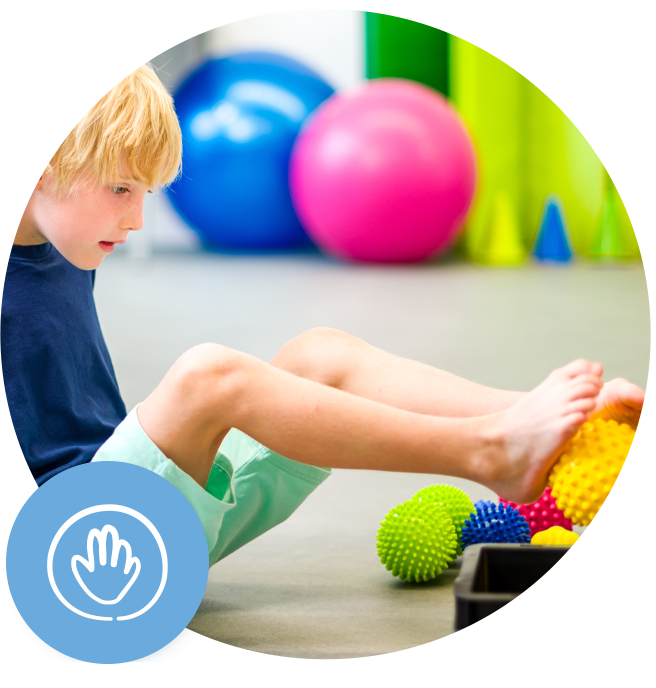
Sensory Processing & Motor Skills
Clarity, Diagnosis & Next Steps

Start Your Journey with CST Academy Today
"*" indicates required fields
What to Expect During the Evaluation Process
At CST Academy, we want every family to feel informed and supported throughout the evaluation journey. Our process is simple, structured, and designed with your child’s comfort in mind.
1. Intake Meeting
Your first step is a parent-only intake meeting with one of our licensed psychologists. This is a chance for us to learn about your child’s development, behavior, and any concerns you may have. We’ll walk you through the evaluation process, answer your questions, and gather important background information to ensure we provide the most personalized care possible.
2. Evaluation Session
About a week after your intake meeting, your child will come to our clinic for a one-on-one evaluation session. This appointment lasts approximately two hours and is led by our psychologist and a trained psychometrician. We’ll use gold-standard assessment tools to evaluate your child’s communication, behavior, social skills, and developmental milestones. Parents are welcome to be present during the session to provide support and insights.
3. Feedback Meeting
Two weeks after the evaluation, you’ll meet with the psychologist for a virtual feedback session. During this one-hour meeting, we’ll walk you through the results, explain any diagnoses (if applicable), and provide clear recommendations for next steps. If therapy is recommended, we’ll help you get started with services—often right here at CST Academy.
A Seamless Path from Evaluation to Ongoing Support
Here’s how beginning your journey with a CST Academy evaluation allows for a fully integrated, personalized support plan:
Applied Behavior Analysis (ABA)

Speech Therapy

Occupational Therapy

Feeding Therapy

Physical Therapy
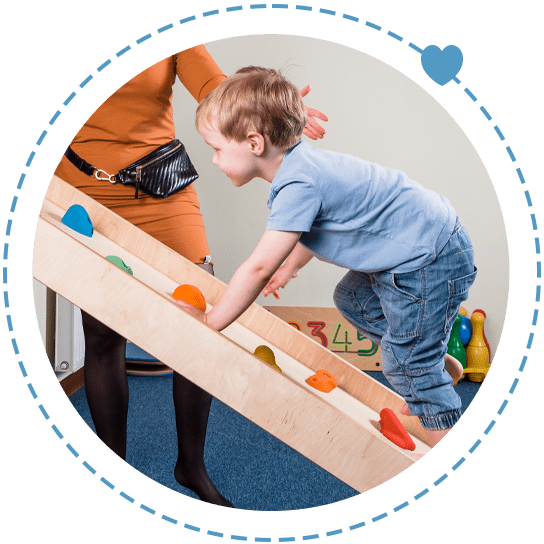
Therapeutic Preschool-Styled Program
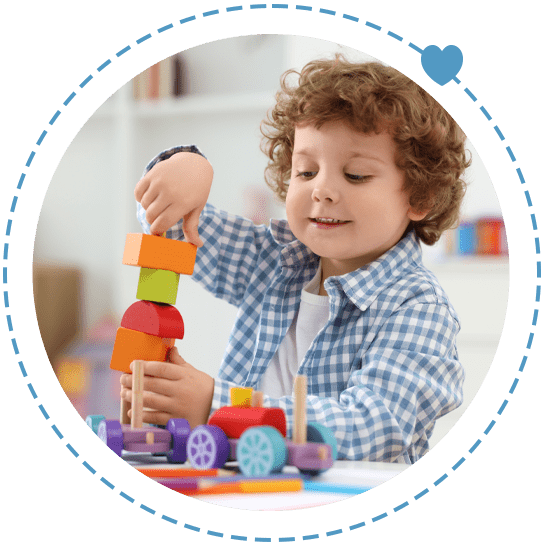
When to Consider an Evaluation for Your Child
Delayed Speech or Language Development
Limited Eye Contact or Social Engagement
Repetitive Behaviors or Intense Interests
High Sensory Sensitivity or Sensory-Seeking Behavior
Difficulty with Transitions or Flexibility
Lack of Gestures or Nonverbal Communication
Delays in Play or Imaginative Thinking
Limited Response to Name or Spoken Instructions
Frequent Meltdowns or Difficulty Self-Regulating
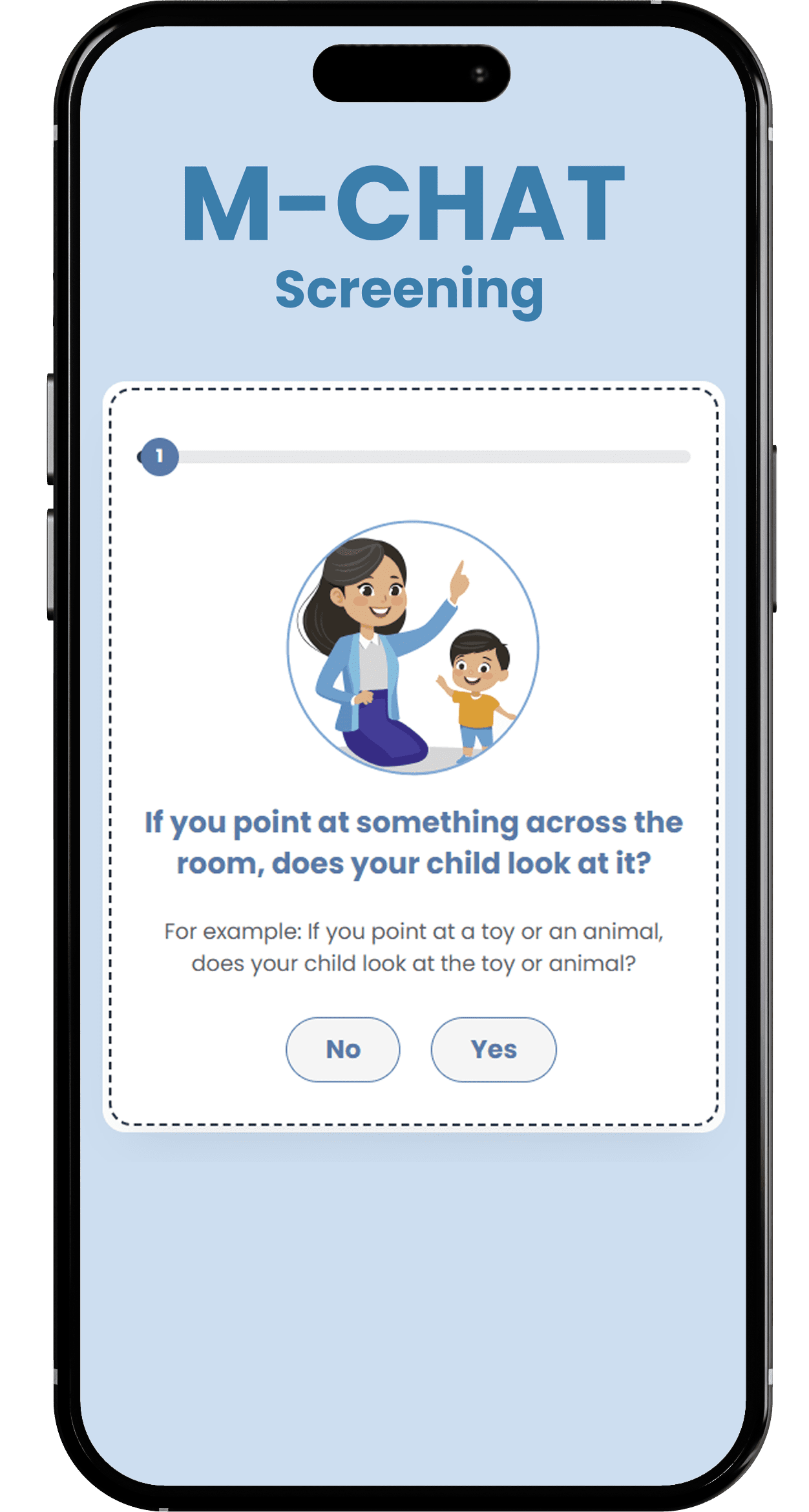
Wondering if ABA Therapy Might Be Right for Your Child? Start with Our Free M-CHAT Screening
A Place Where Your Child’s Journey Begins with Clarity
While seeking answers can feel overwhelming, we create a calm, caring environment where families feel empowered and informed every step of the way. At CST Academy, it’s not just about diagnoses—it’s about building a foundation for growth, confidence, and lifelong potential. We're here to guide, support, and cheer your child on from the very beginning.
